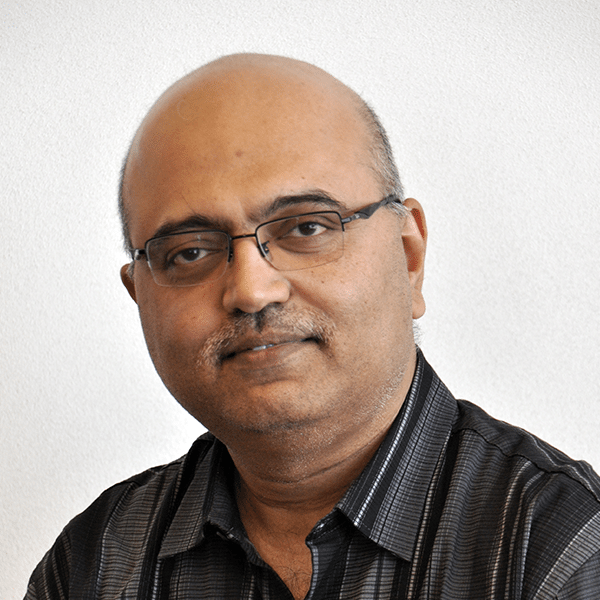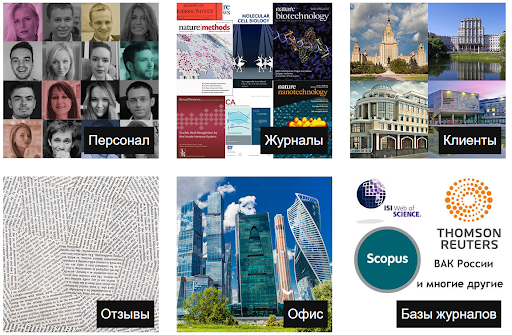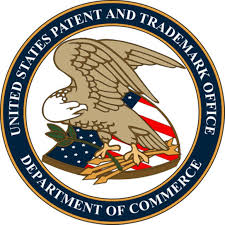The University of Glasgow is requesting the retraction of multiple papers by a pharmacology researcher who held various positions there for more than a quarter century.
The story begins in December 2016, when biostatistician Steven McKinney posted on PubPeer about a paper by the researcher, Miles Houslay, in the Journal of Biological Chemistry. That paper was eventually retracted in August 2020, but not before McKinney posted a comment on Retraction Watch that caught the eye of the pseudonymous Clare Francis.
Francis pointed us to comments about a total of eight of Houslay’s papers at that time. And in August 2020, when the JBC retraction appeared, Francis forwarded those to the King’s College, London, where Houslay is listed as having a faculty position, and the University of Glasgow, which he left in 2011.
Continue reading Exclusive: University of Glasgow seeking retraction of multiple papers after findings of image manipulation







